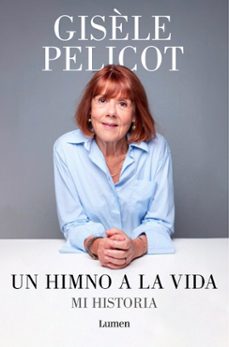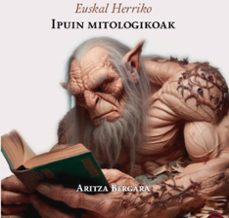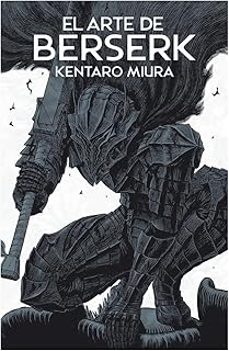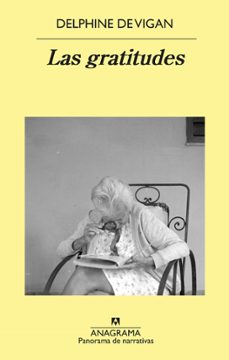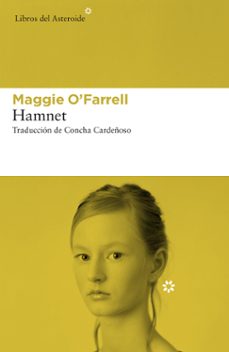📗 Libro en inglés TRUTH, LANGUAGE, AND HISTORY
OXFORD UNIVERSITY PRESS- 9780198237570
Sinopsis de TRUTH, LANGUAGE, AND HISTORY
Truth, Language, and History is the much-anticipated final volume of Donald Davidson''s philosophical writings. In four groups of essays, Davidson continues to explore the themes that occupied him for more than fifty years: the relations between language and the world; speaker intention and linguistic meaning; language and mind; mind and body; mind and world; mind and other minds. He asks: what is the role of the concept of truth in these explorations? And, can a scientific world view make room for human thought without reducing it to something material and mechanistic? Including a new introduction by his widow, Marcia Cavell, this volume completes Donald Davidson''s colossal intellectual legacy. ''While every one of the five volumes of Davidson''s essays is a philosophical treasure trove, all containing influential and important essays, this final volume is especially interesting since it encompasses a number of key topics that are of special significance in Davidson''s thinking... One of the great merits of this volume is that it does indeed give a sense of the breadth of Davidson''s thinking, and of the extent to which it extended beyond the usual confines of traditional ''analytic'' philosophy... the radical and idiosyncratic character of Davidson''s thinking is still, it seems to me, very much underappreciated and often unrecognised ... The hope is that the publication of the essays in this volume, along with the essays included in the other four ... will eventually give rise to a more integrated appreciation of Davidson''s work - work that constitutes one of the landmarks of twentieth-century philosophy'' Jeff Malpas, Notre Dame Philosophical Reviews
Ficha técnica
Editorial: Oxford University Press
ISBN: 9780198237570
Idioma: Inglés
Número de páginas: 348
Tiempo de lectura:
7h 10m
Encuadernación: Tapa blanda
Fecha de lanzamiento: 02/06/2005
Año de edición: 2005
Plaza de edición: Oxford
Especificaciones del producto
Escrito por Donald Davidson
Donald Davidson (Massachussets, 1917 - California, 2003). Formado en filosofía clásica en la Universidad de Harvard, donde se doctoró con una tesis sobre el Filebo de Platón, desarrolló su especialidad en filosofía analítica en sus años de docencia en las universidades de Stanford, Princeton, Rockefeller y Chicago hasta terminar su carrera de en la Universidad de California - Berkeley. Fue conocido por su personalidad carismática y por defender posiciones a menudo en discrepancia con las corrientes teóricas predominantes.
Descubre más sobre Donald Davidson Recibe novedades de Donald Davidson directamente en tu email
Opiniones sobre TRUTH, LANGUAGE, AND HISTORY
¡Sólo por opinar entras en el sorteo mensual de tres tarjetas regalo valoradas en 20€*!





